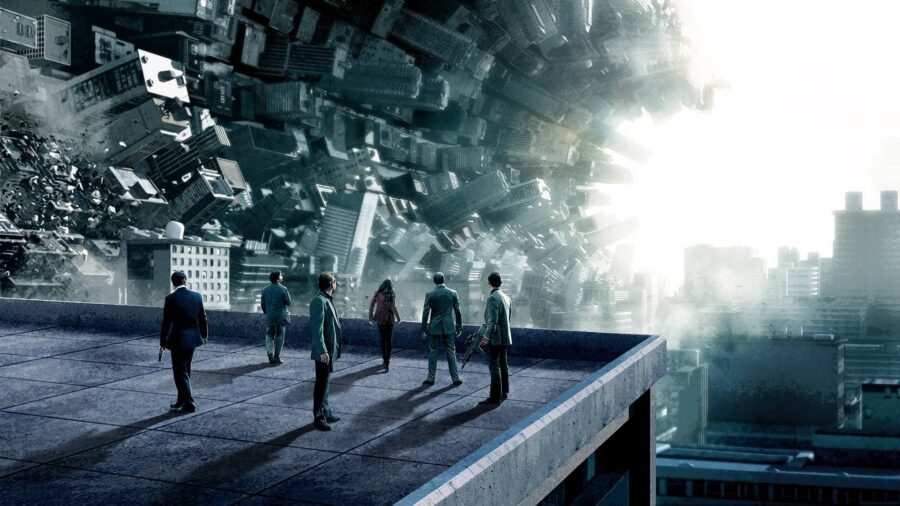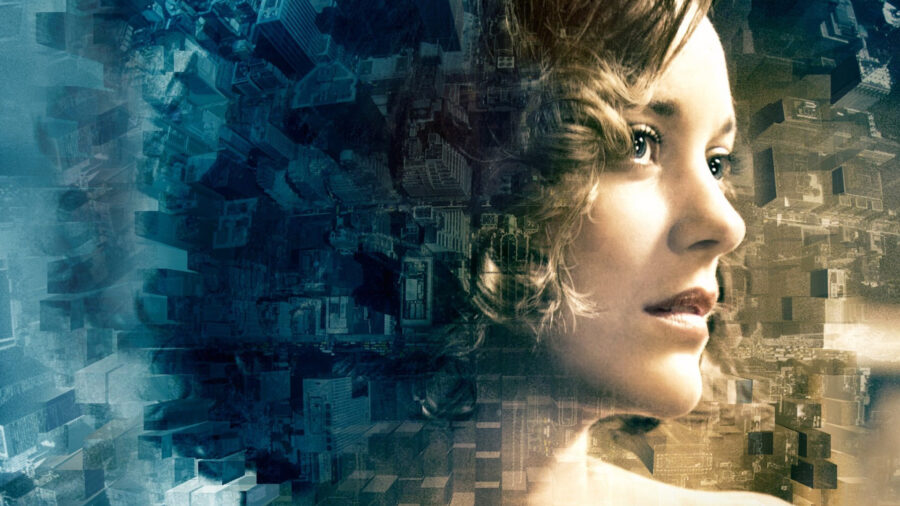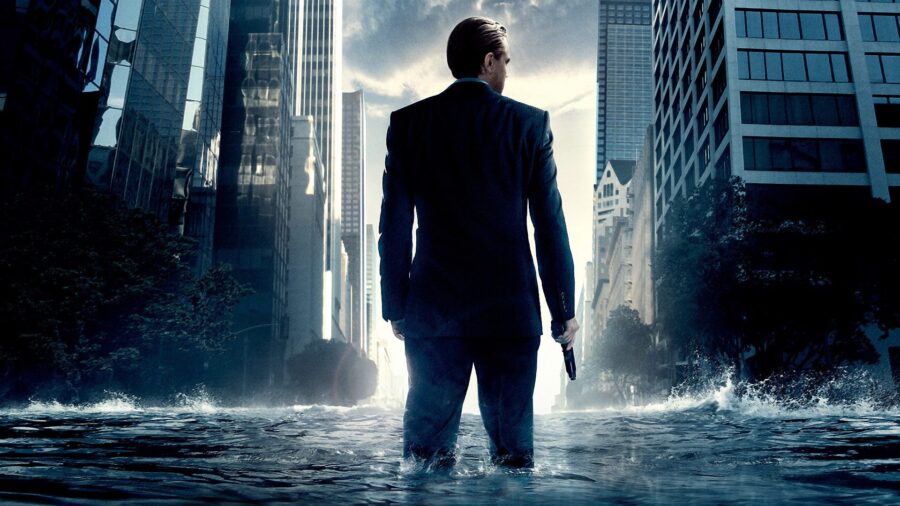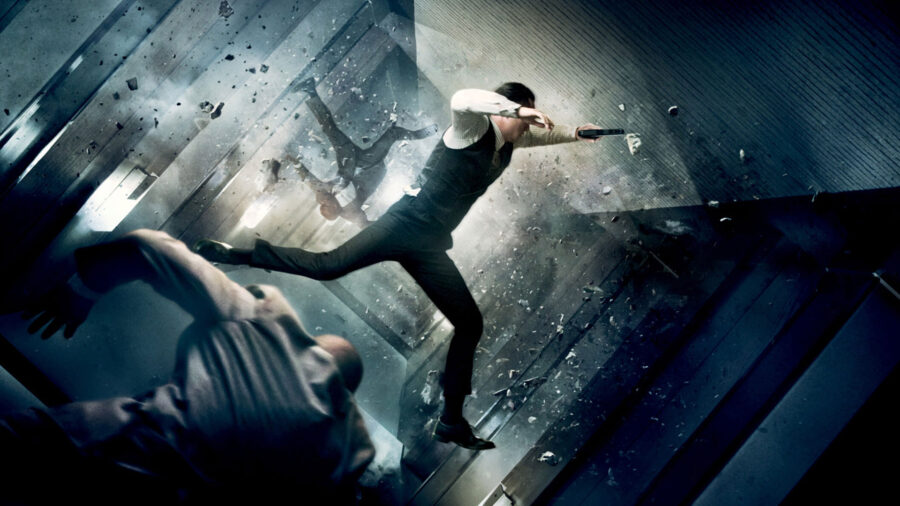Inception: Why It’s Now Time To Declare This Nolan’s Masterpiece
Inception is not only Christopher Nolan's greatest cinematic achievement, but it remains an amazing accomplishment even a decade-plus later.
Inception made an enormous impact when it hit theaters twelve years ago. Christopher Nolan was coming off the game-changing success with Batman in The Dark Knight and was given carte balance by Warner Bros. to make an epic, enormously budgeted sci-fi action/thriller.
An original story that wasn’t adapted from any known intellectual property. A heady, adult-targeted narrative that was dense with symbolism, artful filmmaking, and complicated writing. And somehow, it managed to be nearly as gargantuan a box office and critical winner as a Batman movie.
After a decade, it’s time to look back at Inception and figure out why it’s not only a landmark piece of cinema, but it’s also Christopher Nolan’s undeniable masterpiece.
The Architect’s Dream

If we only look at Inception from a surface level, there are already a number of factors that paint this as a stunning accomplishment. The cast alone is an ensemble of top-tier talent. What’s more impressive is how this ensemble cast, led by Leonardo DiCaprio, has to craft fully-formed characters while also being vehicles for an overwhelming amount of exposition and world-building.
It’s incredible that Inception is able to continuously add to its complex rules while maintaining both character momentum and dramatic escalation. That’s a testament to the effectiveness of actors like Joseph Gordon-Levitt, Tom Hardy, Ellen Page, Dileep Rao, Ken Watanabe, and Michael Caine. As they have to shoulder or deliver a profound volume of this material, it should be celebrated that they are able to do so while still making these characters people we care about.
Of course, the majority of Inception‘s emotional weight rests with Leonardo DiCaprio as Cobb and the relationship he has with his wife, Mal (Marion Cotillard). Their scenes are the ones filled with the most tension and regret. DiCaprio and Cotillard play off each other extremely well, and Cotillard puts in a performance that’s both terrifying and tragic.

Beyond just the acting prowess of the ensemble, Inception is a movie that wowed audiences with its technical and production elements. Ten years later, it’s still awe-inspiring to witness. Nolan’s commitment to doing as many things in-camera as he can leads to some stunning visual moments that have become iconic in their own right. Whether it’s Joseph Gordon-Levitt fighting in an ever-revolving hallway or an enormous room being flooded from above, these tactile moments have etched themselves onto moviegoers’ brains.
And even when he is using digital artifice, Nolan does so in inventive fashion. The scene in which Ellen Page’s character, Ariadne, folds a city on top of itself is still an astonishing sight. Watching architecture spring up out of nowhere is surreal in the best of ways. Nolan understands that digital trickery is best when it’s used for just that reason: to pull off a magic trick. He doesn’t use it as a creative crutch.
But, all of this is only the first and most obvious layer of why Inception is such a monumental piece of cinema. Anyone can look at the surface and see that this is a superb piece of craft. It’s when you start unraveling the dream of the movie itself that it reveals far more captivating power.
We Have to Go Deeper

At the outset, Inception seems to be a movie that mixes a science-fiction concept – entering dreams – with a heist movie in order to produce a fun and exciting genre mashup. And it certainly delivers on that base promise. But, once we start to pick apart the movie, it becomes something much more meta and turns into a mission statement about a particular kind of dream: movies.
Like all film directors, Nolan has his own way of approaching filmmaking and why it’s the art form he has chosen to pursue. With Inception, he was given an opportunity to tell an allegorical story about how he views and crafts his filmmaking worlds.
Movies are shared dreams that audiences experience together. Where Nolan isn’t talking about actual dreaming in the film, he’s actually talking about the dreamlike techniques used in filmmaking.
For example, Cobb’s discussion with Ariadne asking her how she came to be at a cafe does work in regards to how transportation in dreams can function, but it’s more pointedly commenting on how editing can outright teleport characters from one location to the next.
The entire concept of “inception” is talking about how a film can implant an idea in a viewer’s mind by telling them a story that manipulates their own feelings and experiences. Cillian Murphy’s character, Robert Fischer, is the audience: the mark. Cobb’s team takes him on a tumultuous journey that will eventually end with him experiencing a catharsis thanks to this fiction they’ve created. Sounds a lot like what happens when you watch a good movie, doesn’t it?
There has been plenty written about how Inception acts as a metaphor for Nolan’s approach to filmmaking. Dom Cobb himself is visually molded to look similar to Nolan’s cultivated appearance, making Cobb the director of this entire endeavor.
All the main players of Cobb’s team sync up with particular roles from a film production – the most obvious of these would be Tom Hardy’s Eames as a clear actor who takes on the persona of another character – and moments like the crew walking through the constructed dreamworld mimics the act of location scouting.
I’m not going to unravel and poke at every facet of this read of Inception. Rest assured, there is plenty there to pick apart. However, this read is crucial when it comes to arguing for Inception as Nolan’s masterpiece.
Why Inception Is Christopher Nolan’s Masterpiece

When we use the word “masterpiece,” we’re often using it to denote exceptional skill. While that’s certainly a usage that would fit when talking about Inception, it’s not the way I’m using it.
In my definition, a masterpiece is an artistic effort that best represents the artist that created it. As far as personal taste is concerned, I find The Prestige to be my favorite Christopher Nolan film. But, I call Inception Nolan’s masterpiece because it’s the film that best represents him as an artist.
Inception is a movie that’s able to enact all the things Christopher Nolan likes about moviemaking while also revealing Nolan’s own feelings and techniques about the cinematic process. Of all the movies Nolan has written and directed, this is the one that feels the most revelatory and the most personal. For someone as apparently chilly as Nolan, that kind of introspection and vulnerability is noteworthy.
Ten years later, Inception continues to function as a thrilling sci-fi heist film, but its deeper secrets are what has cemented it as both a classic and Christopher Nolan’s masterpiece. At the end of the film, as that iconic top continues to spin, we are left wondering: are we still in the dream? Of course we are. Because a movie is a dream.
That doesn’t mean it doesn’t matter. To quote Stephen King, “Fiction is the truth inside the lie.” All movies are lies. But that doesn’t mean we don’t extract incredible and emotional truths out of them. For Nolan to create such a compelling essay on why movies matter is argument enough to declare Inception his greatest work.













